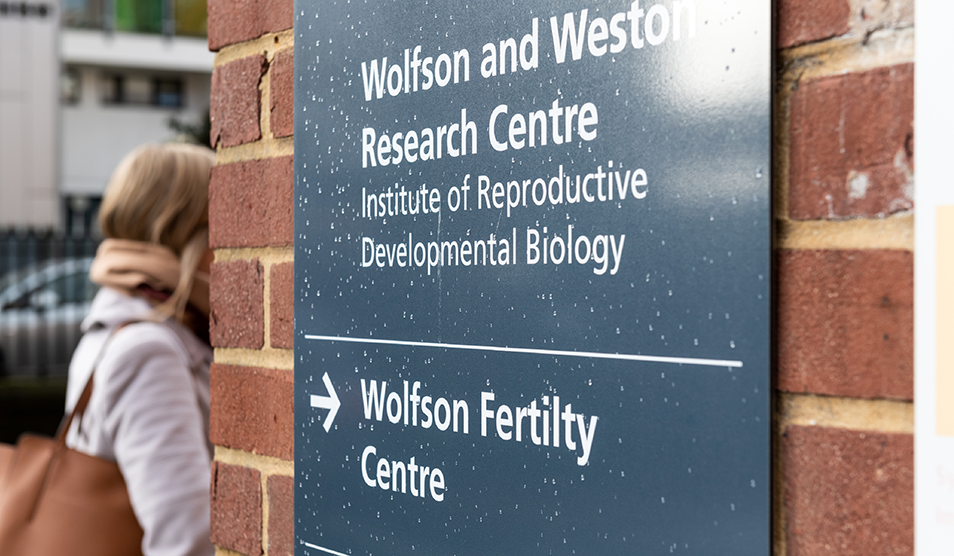Arthritis drugs may help improve survival and reduce time spent in ICU for sickest Covid-19 patients
Treating critically ill Covid-19 patients with drugs typically used for arthritis may significantly improve survival, a landmark study has found.
The findings come from the REMAP-CAP trial, which evaluates the effect of treatments on survival rates and the length of time patients need support in an intensive care unit (ICU).
Initial findings reported in November showed that tocilizumab, a drug usually used to treat arthritis, was likely to improve outcomes for critically ill Covid-19 patients. But the impact on patient survival and length of time on organ support in ICU was not yet clear.
The latest analysis shows that tocilizumab and a second drug called sarilumab have a significant impact on patient survival, reducing mortality by 8.5%.
Furthermore, the treatment also improved recovery so that, on average, patients were able to be discharged from the intensive care unit (ICU) about a week earlier.
The latest analysis has not yet been peer reviewed and will be published in a pre-print available on medRxiv, with the findings submitted to a peer-reviewed journal.
“This is a significant finding which could have immediate implications for the sickest patients with Covid-19,” said Professor Anthony Gordon, consultant in intensive care medicine at Imperial College Healthcare NHS Trust and chair in anaesthesia and critical care at Imperial College London.
“We found that among critically ill adult patients – those receiving breathing support in intensive care – treatment with these drugs can improve their chances of survival and recovery,” explained Professor Gordon. “Critically ill patients were enrolled within 24 hours of starting organ support which also highlights a potential early window for treatment.”
“At a time when hospitalisations and deaths from Covid-19 are soaring in the UK, it’s crucial we continue to identify effective treatments which can help to turn the tide against this disease.”
Tocilizumab and sarilumab are immunosuppressive drugs used to treat rheumatoid arthritis. They were two of several immune modulation treatments included in the REMAP-CAP trial – these are drugs which adjust the function of the immune system.
Patients receiving tocilizumab and sarilumab were more likely to improve (measured by a combination of reduced time on organ support, such as a ventilator, and surviving the hospital admission) compared to patients who received no immune modulator.
The REMAP-CAP study is led by Imperial College London and the Intensive Care National Audit & Research Centre (ICNARC) in the UK and is evaluating multiple combinations of different treatments for Covid-19. In total, over 3,900 patients in 15 countries have been enrolled at more than 290 hospitals worldwide.
The latest findings on tocilizumab and sarilumab add to REMAP-CAP findings from earlier this year, which found that hydrocortisone steroid treatment improved recovery among critically ill COVID-19 patients.
This study is one of a number of Covid-19 studies that have been given urgent public health research status by the Department of Health and Social Care. As of November 2020 75% of all study participants had been recruited in the UK through the NIHR’s Clinical Research Network (CRN).





